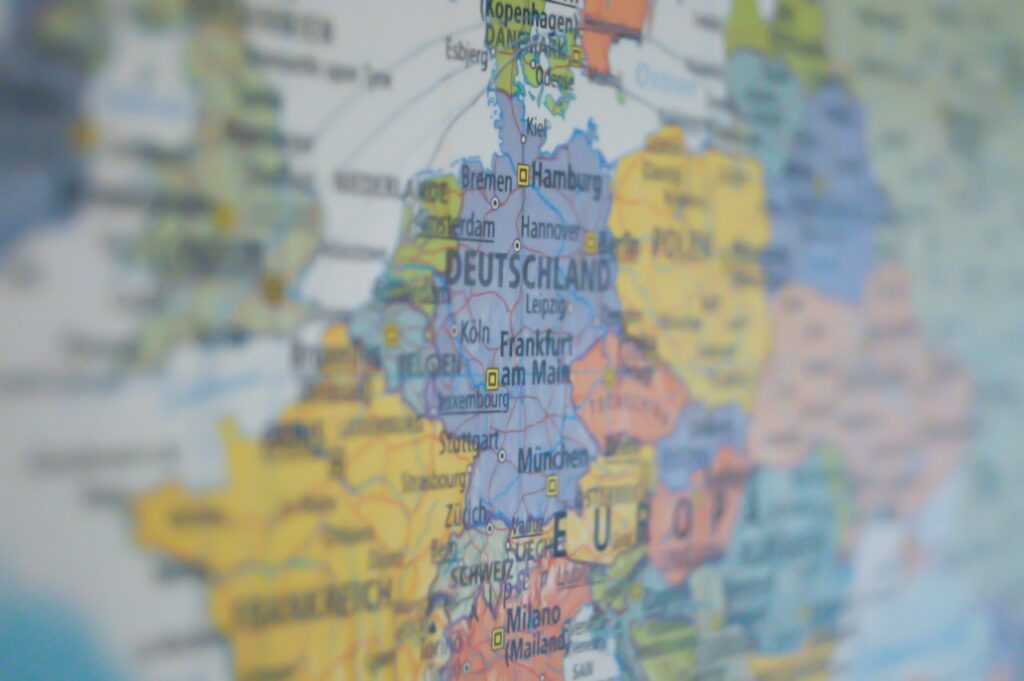Omicron has delayed recovery for hospitality and travel sector though it has not fully derailed it. Despite the severe problems posed by the outbreak, the European Travel Commission expects that tours and travel will be just 20% lower in 2022 than they were before the outbreak. ETC continues to monitor the pandemic’s influence on the industry, keeping an eye on how the travel activity recovers as the world adjusts to life with Covid-19.
Travel restrictions were eased in Europe after noting that the severity of the new variant was not like the delta variant before. In the initial phase of Omicron surge, many flights were canceled over the holidays due to a crew shortage, albeit it was not as serious as it has been in the past.
Despite the still prevalent Covid threat, travel forecast is encouraging because of an increase in domestic and intra-European travel. Demand is 20% lower than before the pandemic, but domestic travel is predicted to approach pre-pandemic levels in 2022. International travel is still expected to take longer to recover, with no significant increase until 2024.
Overall, year-to-date data suggests of a 62% decrease in tourist arrivals to Europe in 2021 over 2019 levels. ETC notes that European destinations continue to recover at varying rates. Croatia (-37%), France (-39%), and Monaco (-40%) saw the softest declines based on data upto December, owing to demand from neighboring and large European source markets. At the same time, sizeable declines were registered in Finland (-80%) and central/Eastern destinations: the Czech Republic (-81%), Latvia (-78%), Estonia (-77%), Slovakia (-76%) and Lithuania (-74%).

















More Stories
Bulgaria’s Tourism Triumph Record 2025 Powered by Neighbors
Poland’s High-Tech Border Revolution: EES Ushers in New Era
Greece Blends History & Flavors: Gastronomy Tourism Revolution